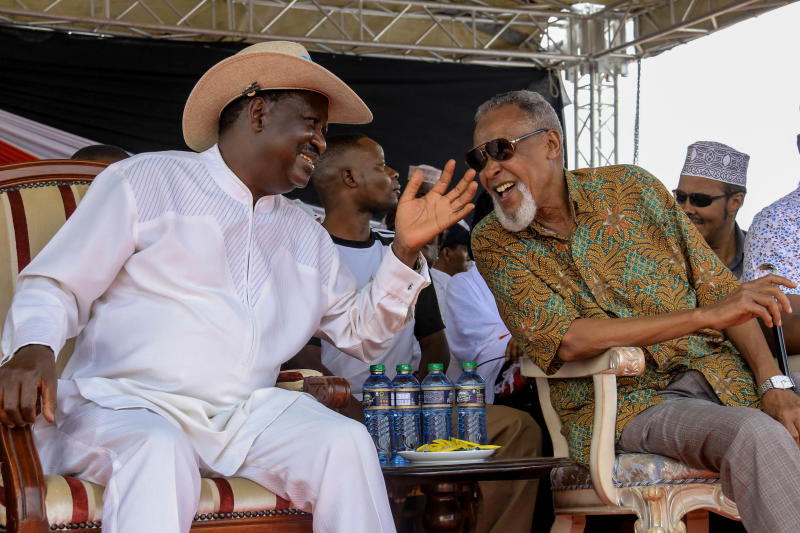×
The Standard e-Paper
Home To Bold Columnists

Last weekend, the Building Bridges Initiative (BBI) caravan arrived in Garissa County, one of Kenya’s frontier counties and a place I call home. Even my people were not spared the ecstasy of the BBI - after all, we own it.
The co-chair, Yusuf Haji, is a local. And most importantly, the people of the north have been made to feel and look like outsiders in their own country.